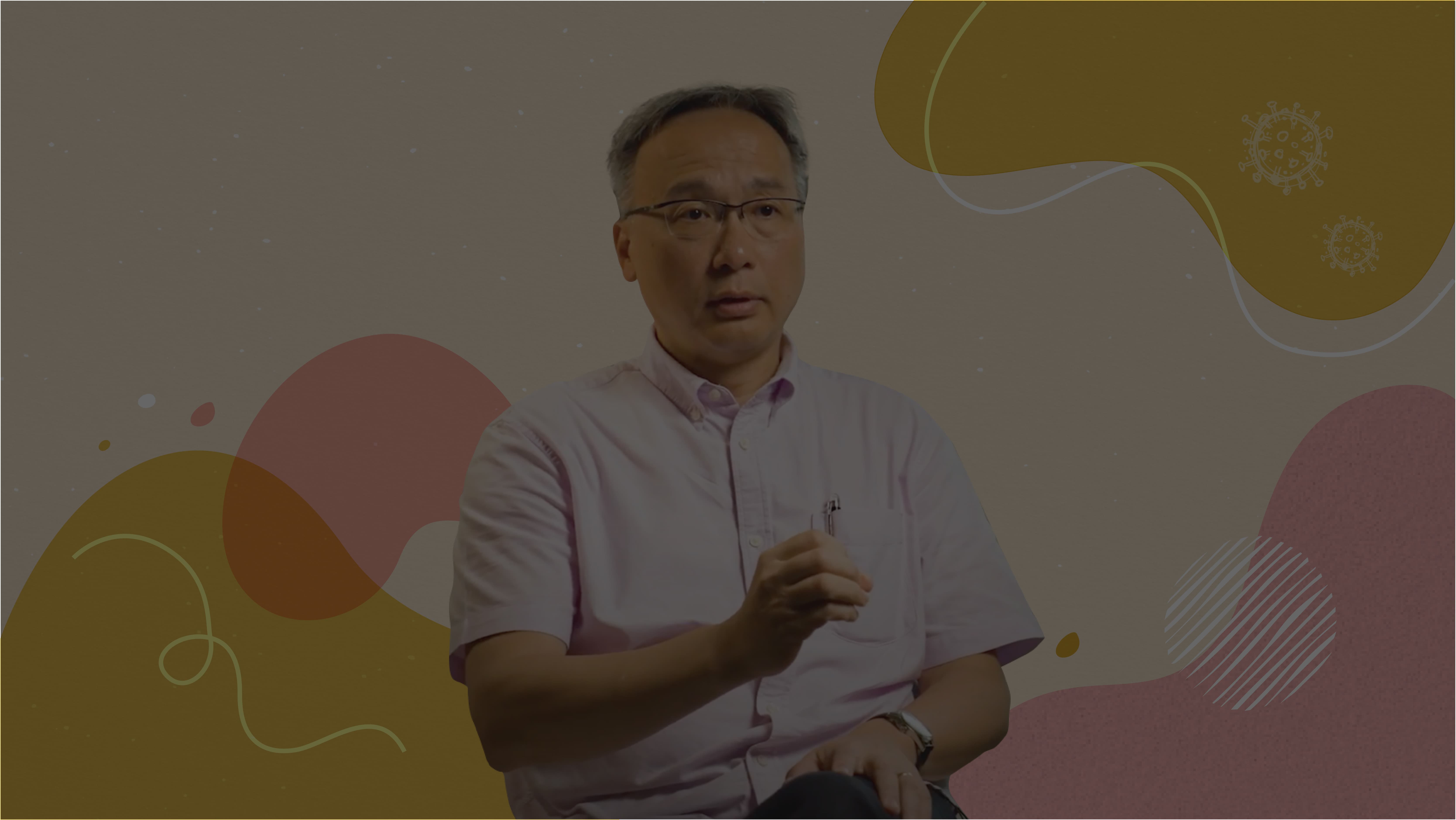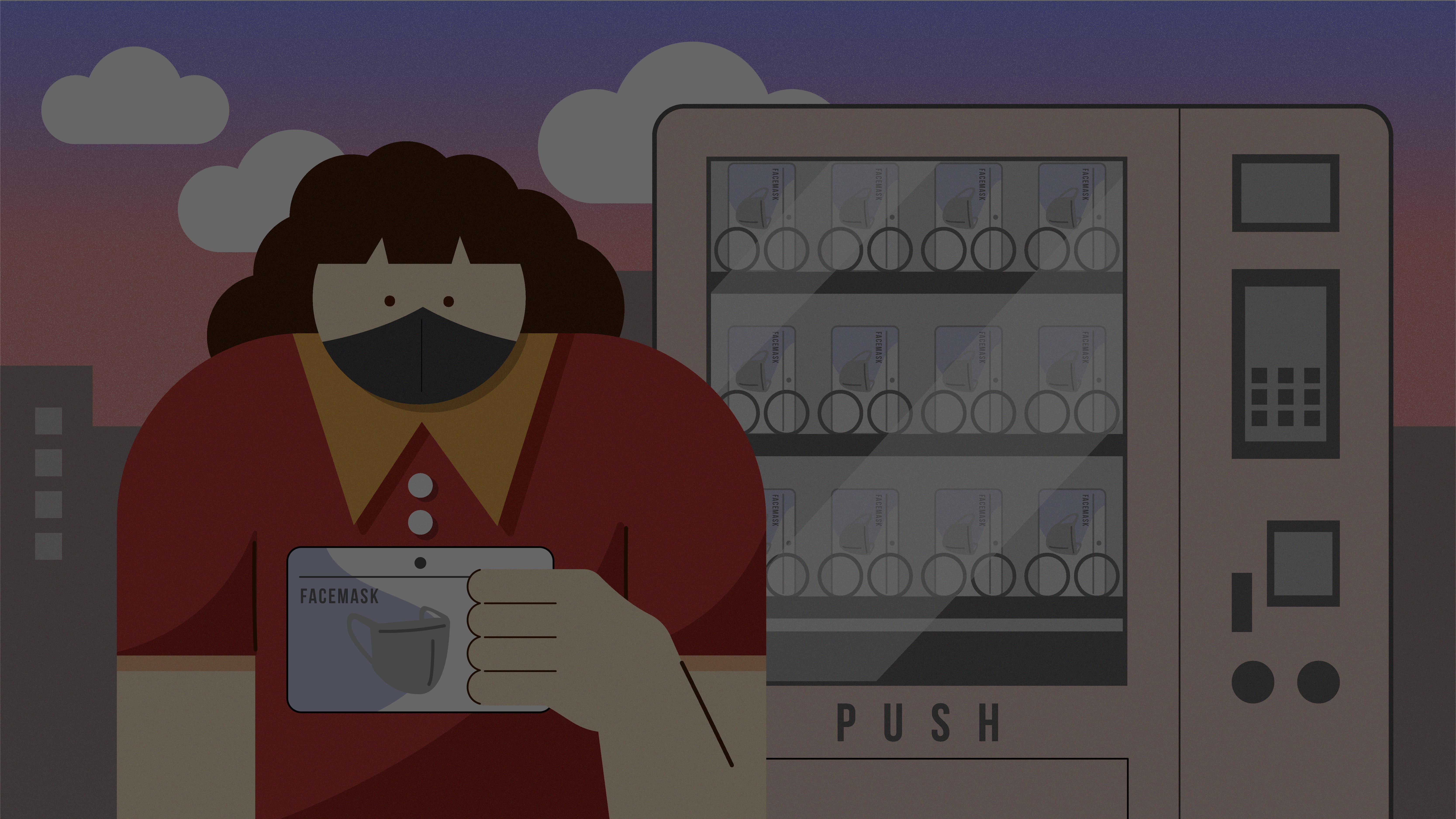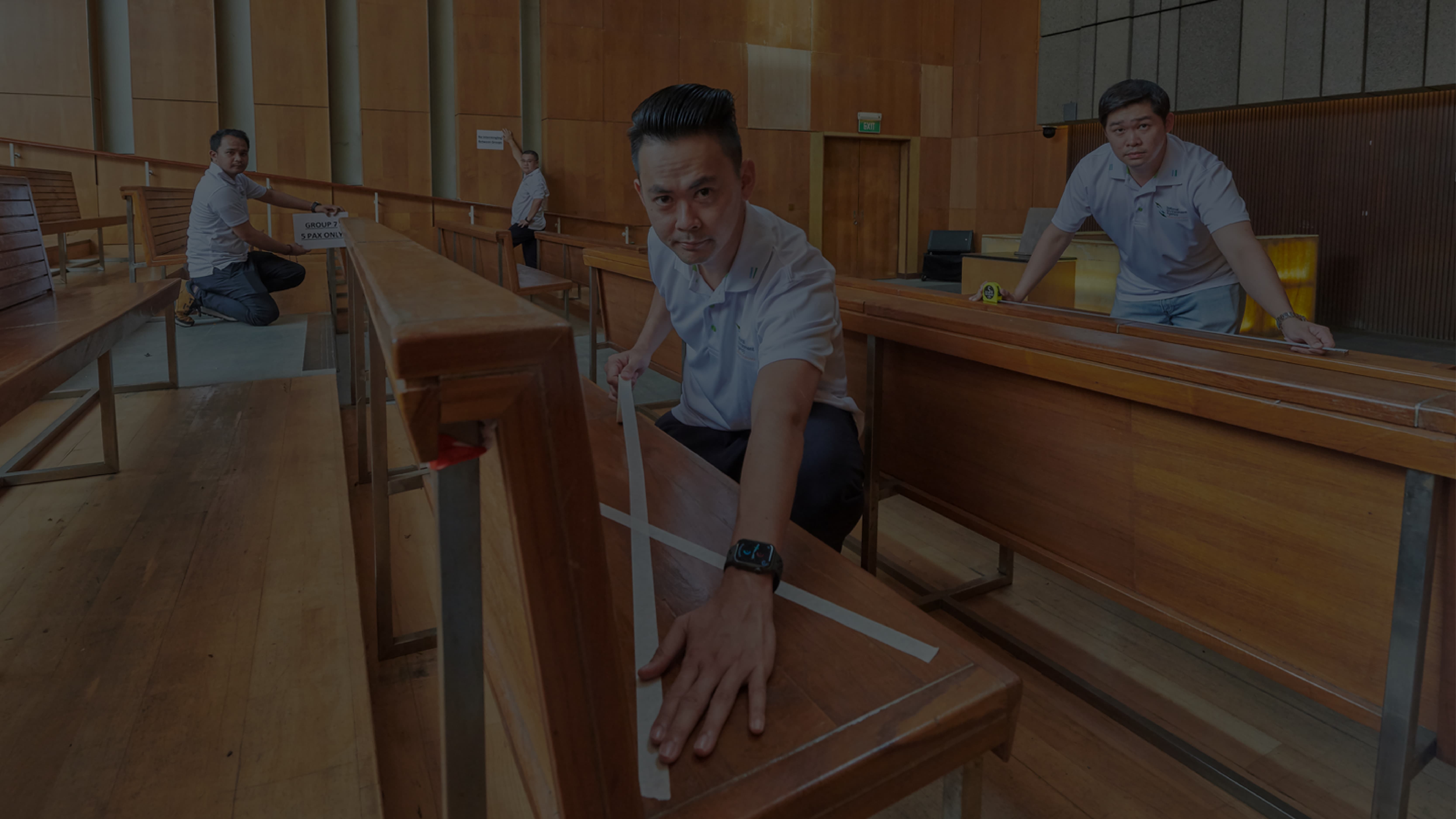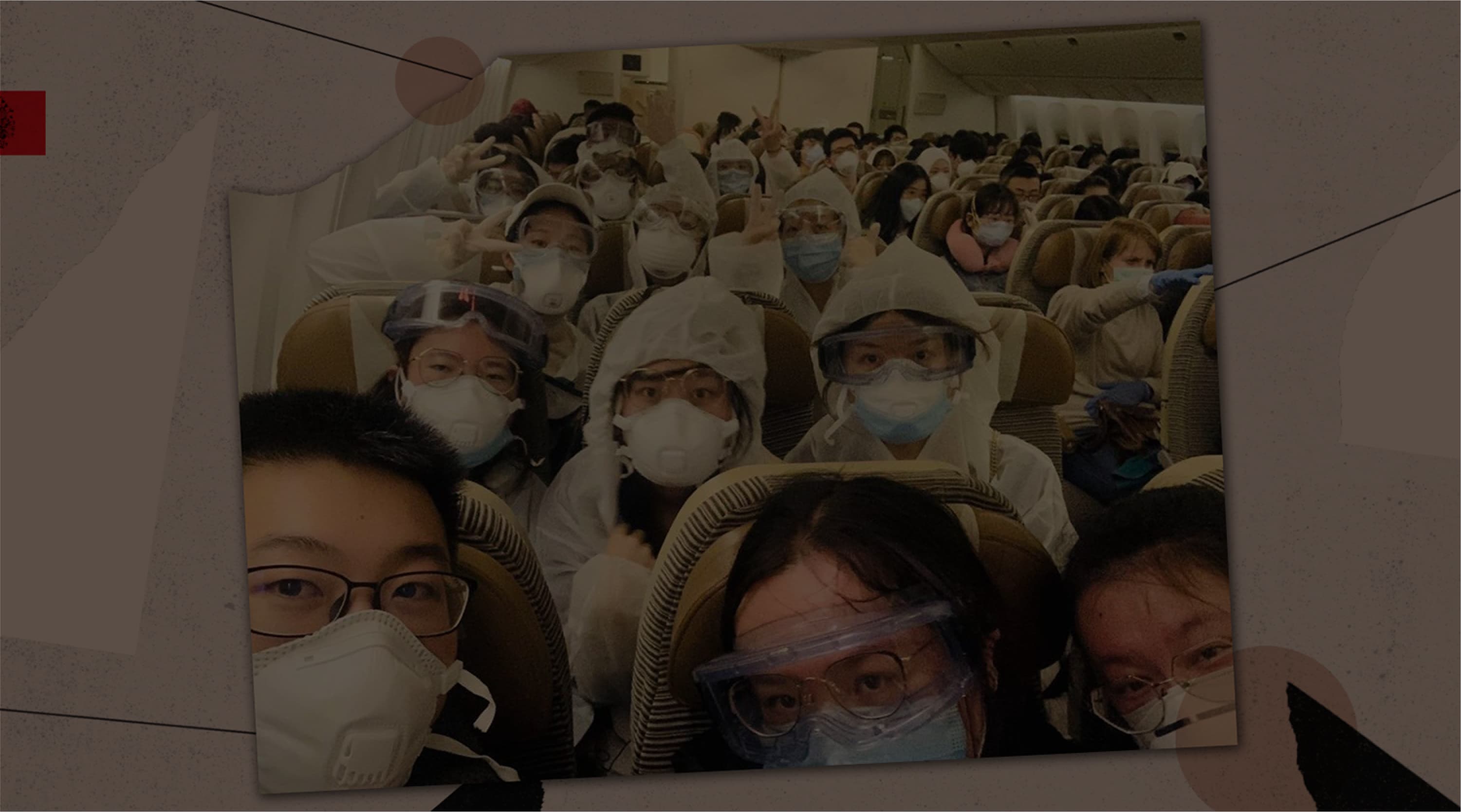Wholeheartedly In Service To The Greater Good
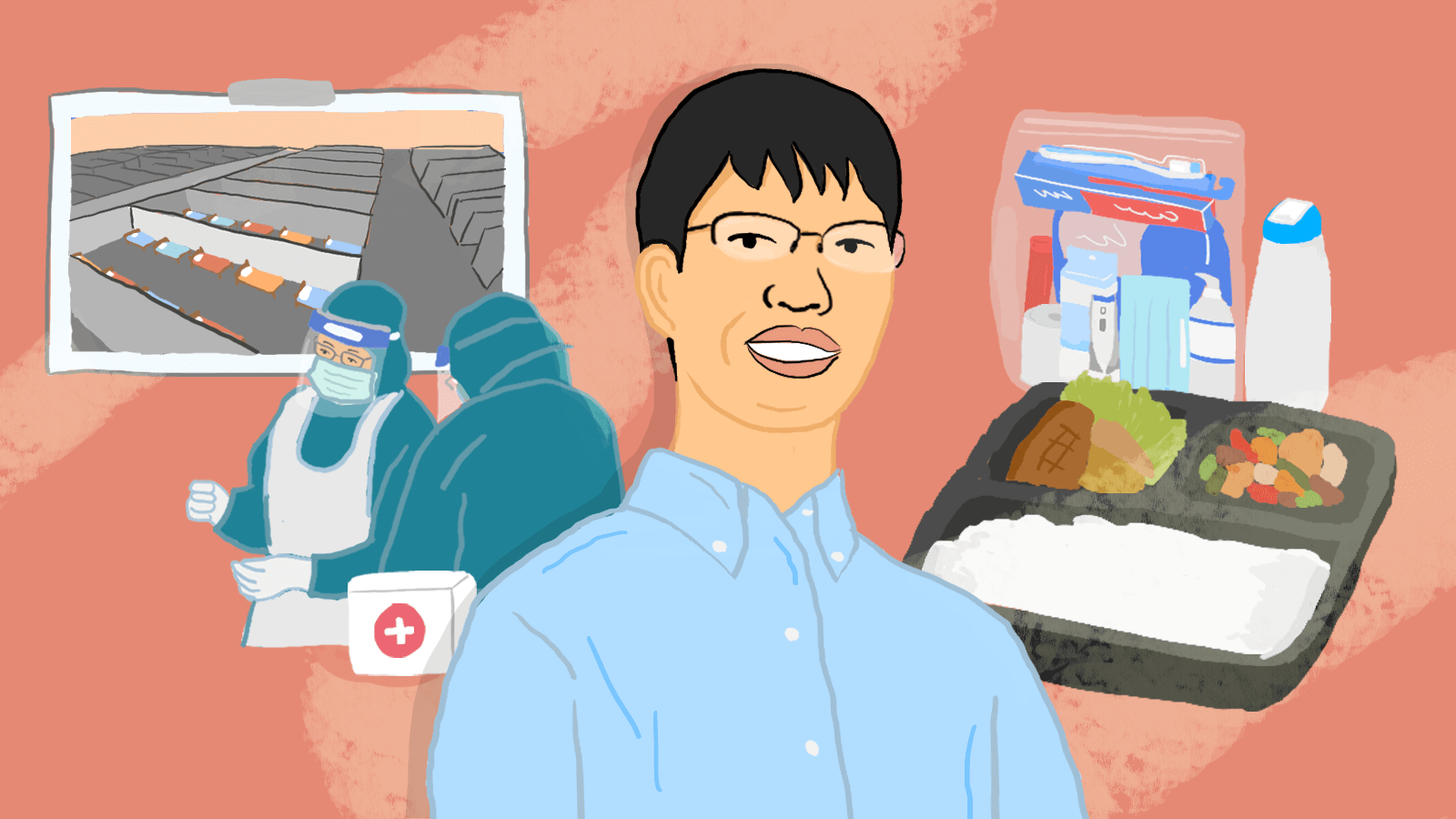
For Aaron Tan, taking on a leadership role in the MINDEF COVID-19 Secretariat has been a revelation of what it means to serve the greater good. The role was new but bore similarities to his previous responsibilities. Utilising his experience in crisis planning, he lived through unique challenges each day.
“COVID-19 work was a real-life application of much of the preparation done in pre-COVID-19 times,” he says. The secretariat had to regularly and quickly adjust MINDEF’s and the Singapore Armed Forces (SAF)’s internal COVID-19 measures, as well as MINDEF and the SAF’s support to various Whole-of-Government agencies. They also had to work with many new agencies, so the team had to figure out how best to adapt to differing organisational cultures and capabilities – and communicate effectively.
The work intensity and scale were also on a different level. “The pace of real-life operations was significantly faster from day-to-day work, and the complexity was also greater. We had to quickly process and pass on information about the daily, sometimes hourly, changes in national policies and protocols.”
This was especially evident during the “truly massive operation” of setting up a Community Care Facility (CCF) at the Changi Exhibition Centre. This was set up by MINDEF and MINDEF-related organisations (MRO) such as SAFRA and Chevrons, to support the Ministry of Health as cases rose, in addition to other facilities set up elsewhere by the SAF.
- Thousands of items had to be secured, transported and organised – from room partitions, bed frames and mattresses to portable toilets, towels, toothpaste, power cables, lights and fans.
- Ventilation for the venue had to be specially designed to incorporate negative air pressure to prevent contaminated air from leaking.
- There were also security considerations to account for, meals to plan, and on-site medical support to organise – all while adhering to building and safety codes set by the Building and Construction Authority and the Singapore Civil Defence Force.
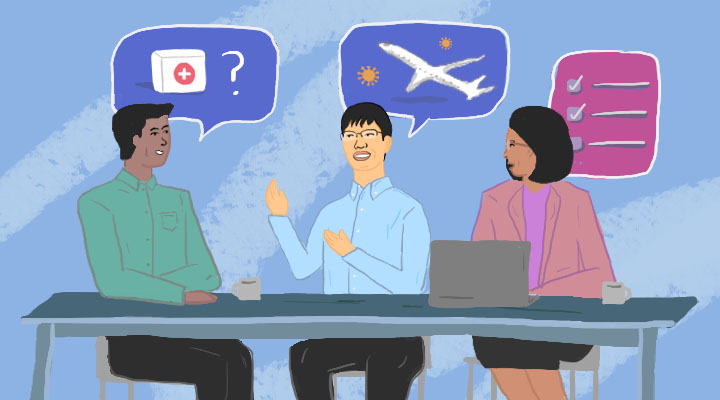
To Grow, Stay Uncomfortable
In this new leadership role, Aaron pushed himself to embrace discomfort to become a better supervisor.
“For someone who was an ordinary staff officer till this point, it required a change in my mental model,” he shares. “As a supervisor, I had to keep the bigger picture in mind.”
This meant trusting his teammates to act according to the “wider policy intent”, while enabling conversations with various stakeholders and adding value by providing different considerations.
Seeing his colleagues doing the same motivated him as they navigated around the challenges, putting aside differences and individual interests to achieve the same goals. For example, when setting up the Changi Exhibition Centre CCF, each MRO took charge of one aspect of the operation. Despite not having previously collaborated, they worked around their own internal and whole-of-government protocols to accommodate each other and focus on the task at hand.
Collaborating on Complex Issues
This spirit of collaboration was even more apparent when developing travel protocols. This was early in the pandemic, in April and May 2020, and during the height of dormitory-based cases, with a high risk of incoming travellers leading to local spread in the then-unvaccinated population.
“The question was how to define which groups should still be allowed into Singapore, and how this group of travellers would be managed,” Aaron says.
The variables were endless: who would be eligible for outbound travel; who could enter Singapore; how they could enter; how they would be managed; and importantly, how to balance MINDEF’s needs against that of other agencies for the travel quota.
MINDEF sat with the Ministries of Home Affairs, Foreign Affairs and Trade & Industry to define the parameters and determine eligibility for allowing entry for a very small group of essential overseas guests, as well as balance the allocation of the limited quota to account for all agencies’ needs.
It took a fair bit of negotiation and was “much harder” than one would have thought, Aaron says. “Every agency had different considerations and thresholds for how to treat foreign guests, because each of us interacted with foreign guests in very different contexts. We also had to give and take on the number of guests we needed to bring in, because everyone else also had pressing needs to keep essential functions going.”
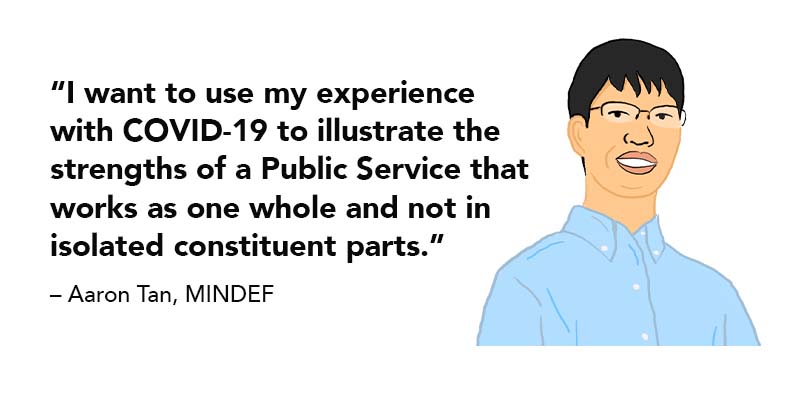
And despite these discussions and protocols, the best-laid plans were often thrown off by last-minute requests from foreign counterparts.
“There was no way of pleasing everyone. We sometimes had to respond to feedback or complaints from travellers or the departments that sponsored them when arrangements went awry,” Aaron concedes.
“But we were all experimenting and doing our best to make things work, and I think our bosses and colleagues saw that.”
Leadership Through Example
Throughout his nine months within the MINDEF COVID-19 Secretariat, Aaron learnt greatly from Home Affairs Permanent Secretary Pang Kin Keong who also chairs the Homeland Crisis Executive Group.
Aaron saw how Mr Pang arbitrated differing views, defended the Public Service’s proposals, and advised honestly on the trade-offs of various proposals with calm professionalism.
Mr Pang embodied the Public Service values of Integrity, Service and Excellence, and demonstrated great care for all his staff, says Aaron. “To see such a leader in action was extremely inspiring for all of us.”
Reflecting on his time as COVID Secretariat, Aaron remains inspired by the experience and how his colleagues displayed “a burning desire to do right for Singapore and Singaporeans”.
Many took proactive ownership of issues and moved out of clearly defined job scopes and comfort zones, reaching out to others to make the most of collaborative solutions. These latter values of service before self are what Aaron hopes to carry forth as an example.
“I want to use my experience with COVID-19 to illustrate the strengths of a Public Service that works as one whole and not in isolated constituent parts.”
- POSTED ON
Jul 6, 2022
- TEXT BY
Sheralyn Tay
- PHOTOS BY
Courtesy of MINDEF
- ILLUSTRATION BY
Lei Ng




